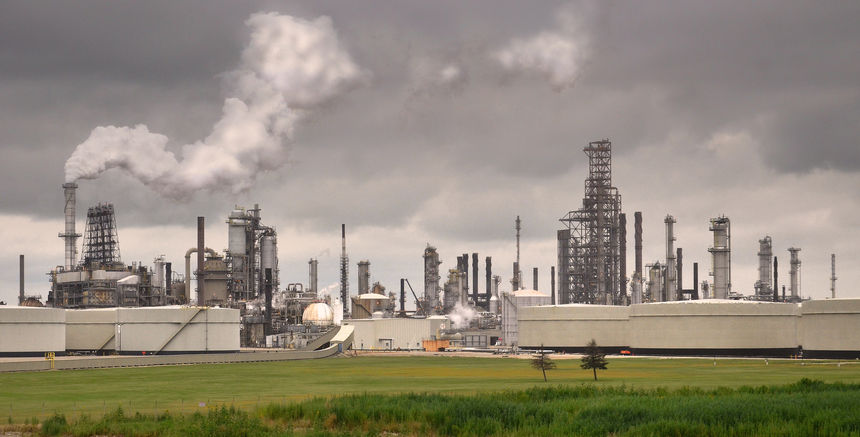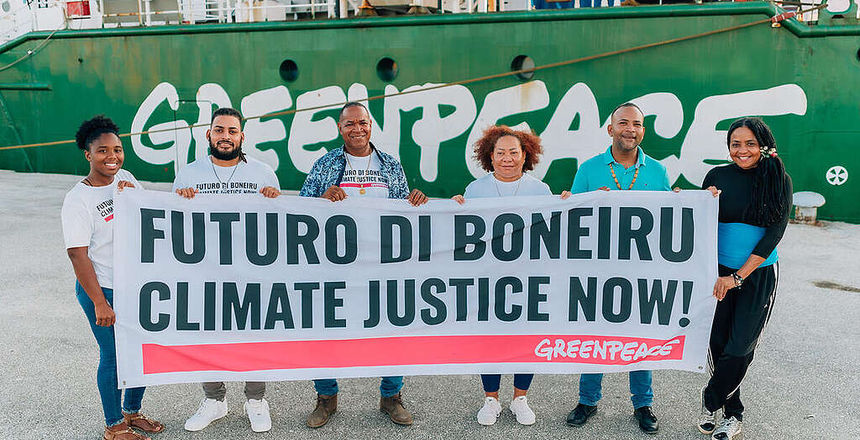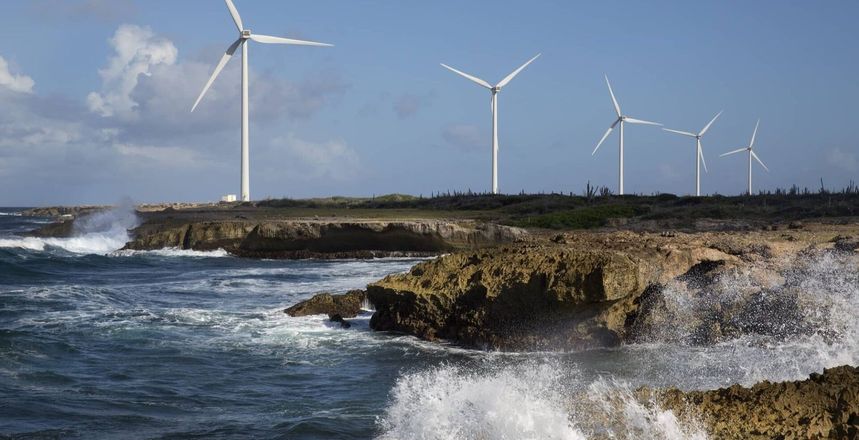News Sustainable Energy
2 min.
The Dutch Caribbean as prime example of how small islands and nations can achieve climate neutrality and effectively contribute to a more sustainable world. To some it might sound impossible, to others like a dream, but if it’s up to Dutch Minister for Climate and Energy Policy Rob Jetten, it’s a real option for the Caribbean Netherlands. That’s what he said during the during the climate debate in the Dutch House of Representatives earlier this week.
International showcase for sustainable economics
“I believe there is lies enormous opportunity for the islands in the Dutch Caribbean (he mentioned the “BES-eilanden” (Bonaire, Sint Eustatius, Saba) in his speech) to become a showcase for the rest of the world in terms of how small islands can make the step towards climate neutrality”, stated Minister Jetten during the debate on Wednesday, February 23rd. He was actually the first and only spokesperson in the room to mention the Caribbean Netherlands during the debate, but that didn’t deter him from making his considerable ambitions for the region known.
“If we can do it in Bonaire, Saba and Statia, then we will be able to help lots of other smaller and often very vulnerable island states”, Minister Jetten continued, “Together with the State Secretary for Kingdom Relations and Digitalisation [Alexandra van Huffelen], I will soon present a letter about our plans and recommended approach regarding the Caribbean Netherlands”. This is the second time over a relatively short period that Minister Jetten spoke about the Dutch Caribbean in front of the House of Representatives. Earlier this month, he received a letter from Bonaire’s Bestuurscollege (Executive Council) urging him to make work of a more sustainable production of electricity on the island.
Climate neutrality
In the past few years, the term “climate neutrality” has become more and more mainstream as topics like climate change and environmental preservation are finally starting to find a real way onto the agendas of political parties, corporations, and other economic decision-makers. Much, much more is still needed to ensure a sustainable future for our planet and all of the people on it, but every advance is a step in the right direction, however small it may be. But what is meant exactly by climate neutrality?
Climate neutrality can in theory be applied to any activity and process, but in practice is mentioned most in relation to high-emission processes associated with energy production, transportation, agriculture, and industrial activities. It refers to the idea of achieving net zero greenhouse emissions by balancing what is produced with the emissions that are eliminated from our atmosphere, either by carbon offsetting, permanent adjustment or removal of the process in question from society, or Earth’s natural absorption. In other, simpler words, climate neutrality refers to the reduction of greenhouse gas emissions through climate action.
The basis for this article was originally published on www.dossierkoninkrijksrelaties.nl in February 2022.





